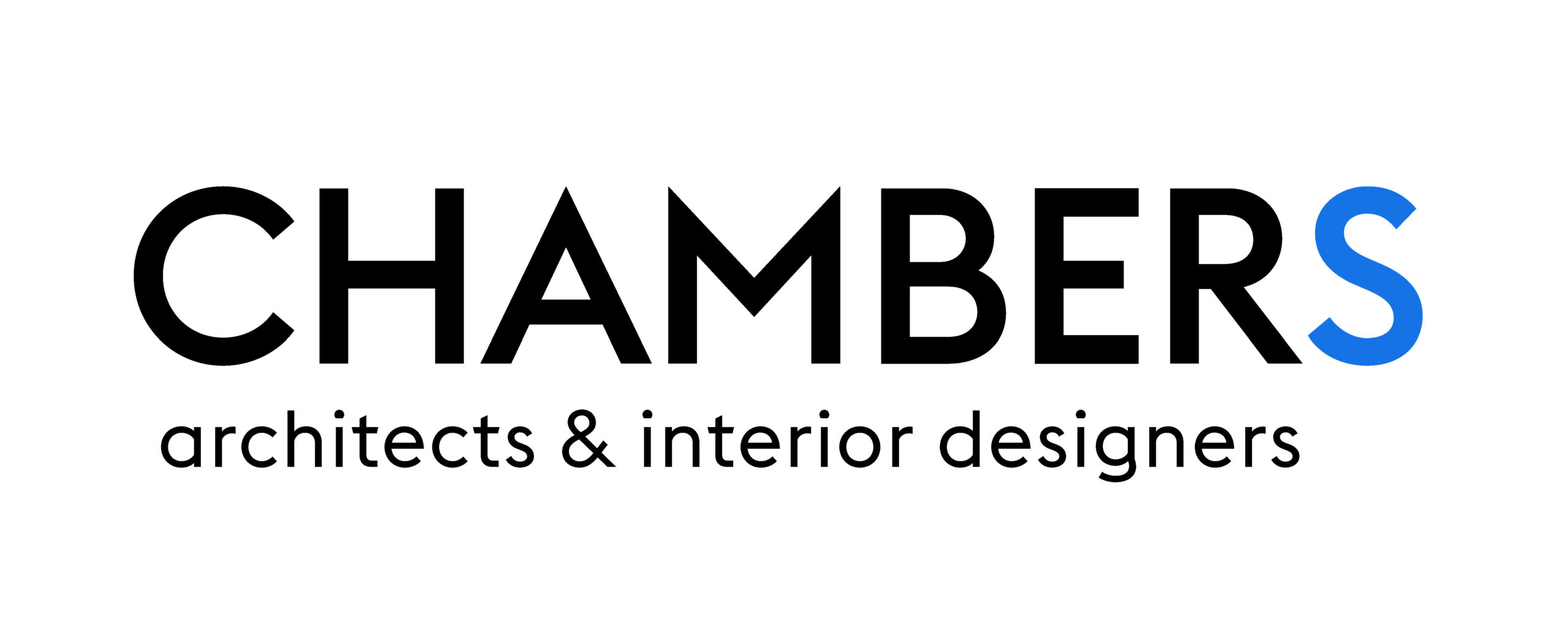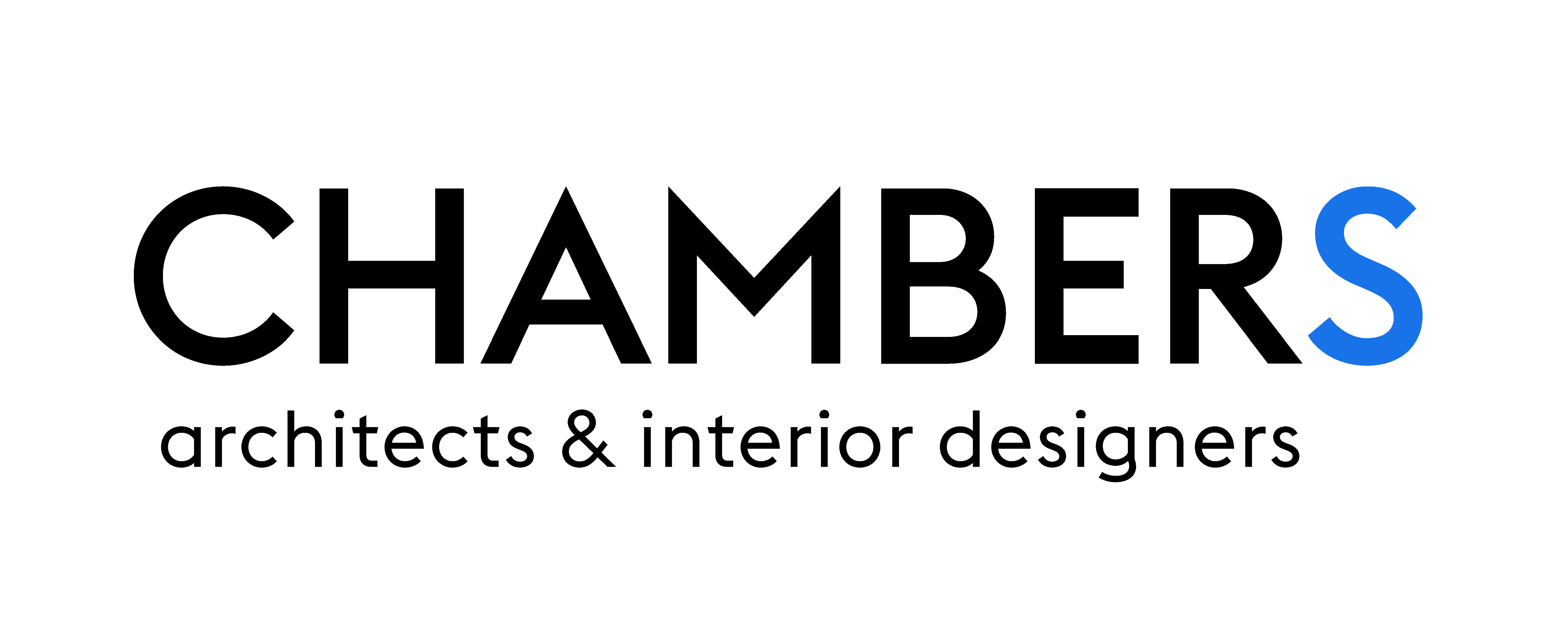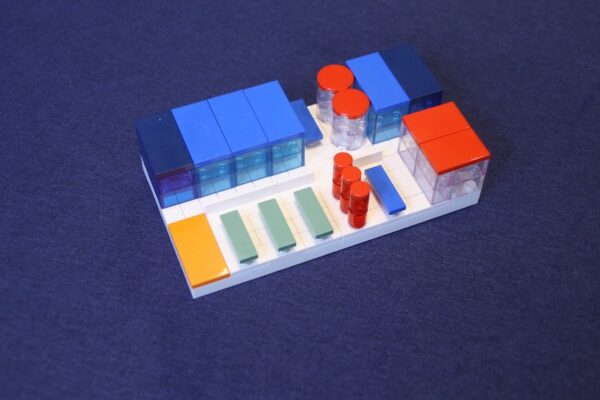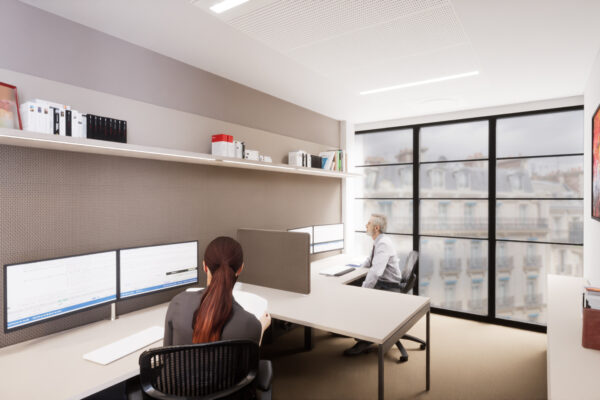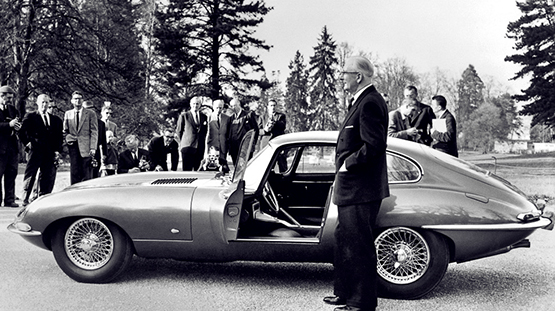Stay or go?

This question has recently arisen for many of our customers, who are faced with growing or changing workforces, particularly since the boom in teleworking. Should they stay in their existing premises and, if possible, adapt them to the new needs of the company and its employees? Should the idea be dismissed out of hand, weighed down by innumerable contradictory considerations, in favor of "starting all over again" in a dynamic projection combining a different address and a different working environment?
The decision resulting from the comparison of the two hypotheses is particularly complex, as it combines rational factors - transformability on an occupied site, potential for reorganization and scalability, cost of rent, project, relocation and property management, preservation of brand image... - and others, which are less rational, such as attachment to a location or, conversely, the irrepressible desire for something new. The choice becomes even more difficult with the multiplication of possible locations...
This is why CHAMBERS architects is regularly called upon to assist in this delicate process, which has a major impact on the future of the companies concerned. Our aim is to provide an objective analysis of the possibilities, to help companies make the right choice, and to avoid serious setbacks: either the reinvention of the original site turns out to be in vain, or the initial enthusiasm for change is overtaken by regret.
For CHAMBERS architects, a good interior design and architecture project should ideally have dispelled these uncertainties and made the right choice of location beforehand. Just as the camper carefully chooses the ideal site before thinking of pitching his tent, knowing that he won't get anything right without this prior effort. The conceptual exercise of "opportunity study" is at the heart, and the beginning, of an efficient workplace strategy.
The opportunity study develops prefigurations of the project in all its dimensions - architectural, technical, economic, administrative - enabling serious simulations of the comparative advantages of different hypotheses and providing a solid basis for the decision.
Whereas a conventional project process quickly leads to a development "solution", an opportunity study more fully and systematically explores possibilities and constraints. This upstream investment will undoubtedly benefit the project that will subsequently be developed at the chosen address. Secure in their basic choice, customers and designers can then devote themselves fully to the deployment of the optimum project.
